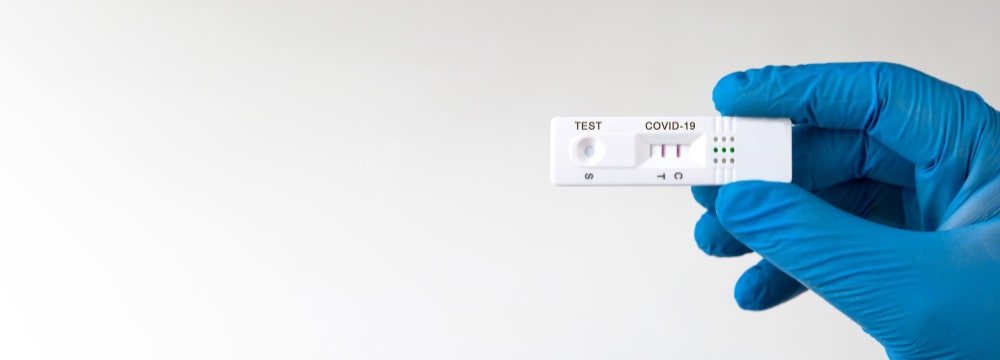In the global battle against the COVID-19 pandemic, rapid diagnostic testing has emerged as a critical tool for identifying infected individuals quickly and efficiently. Rapid antigen tests have gained popularity among the various testing methods due to their portability, ease of use, and ability to provide results within minutes. However, concerns have been raised about their accuracy, especially in asymptomatic cases. In this blog, we delve into the details of rapid COVID-19 antigen tests, explore their accuracy, and shed light on their role in the broader testing strategy.
What are Rapid Point-of-Care COVID-19 Antigen Tests?
Rapid point-of-care antigen tests aim to detect or rule out COVID-19 infection in individuals, whether or not they exhibit symptoms. These tests have several advantages, including portability, ease of use, affordability, and quick turnaround time. They do not require specialized equipment or personnel, making them suitable for use in various settings, including non-healthcare environments and at home.
These tests identify specific viral proteins in samples taken from the nose or throat, and they come in disposable plastic cassettes similar to over-the-counter pregnancy tests.
Speeding Up COVID-19 Detection: The Role of Antigen Tests
A Swift and accurate diagnosis of COVID-19 is crucial for individuals to self-isolate, seek treatment, and inform close contacts promptly. While accurate, conventional laboratory-based tests like RT-PCR often take more than 24 hours to produce results. Rapid antigen tests have the potential to expand testing access and speed up the detection of infections, leading to timely public health interventions and transmission reduction. However, understanding the accuracy of these tests, especially in asymptomatic cases, is paramount to their successful implementation.
Findings from Research
A comprehensive review was conducted on 155 studies involving 100,462 nose or throat samples, of which 16,822 tested positive for COVID-19. The studies examined 49 different antigen tests, with around 60% of the research conducted in Europe.
Accuracy in Symptomatic Cases
Rapid antigen tests demonstrated an average sensitivity of 73% in people with symptoms and 55% in asymptomatic individuals. The tests were performed most accurately during the first week of symptoms, with an average sensitivity of 82%. This is because the virus’s viral load is typically higher during the initial days of infection.
Accuracy in Asymptomatic Cases
Rapid antigen tests were considerably less accurate in people without symptoms. However, they showed higher accuracy (average sensitivity of 64%) in individuals likely in contact with confirmed COVID-19 cases.
False Negatives and False Positives
For symptomatic individuals, the average specificity was high at 99.1%, meaning the tests correctly ruled out infection in 99.6% of symptomatic people and 99.7% of asymptomatic individuals. However, the sensitivity varied significantly between different brands of tests.
Impact of Prevalence
The positive predictive value (PPV) of rapid antigen tests was affected by the prevalence of the virus in the tested population. At 5% prevalence in symptomatic individuals, around 1 in 10 positive results would be false positives, and around 1 in 5 cases would be missed. In asymptomatic individuals, where the prevalence was 0.5%, the PPV ranged from 38% to 52%, meaning between 2 in 5 and 1 in 2 positive results would be false positives, and between 1 in 2 and 1 in 3 cases would be missed.
Bottom Line
Rapid COVID-19 tests are most accurate when used in people with symptoms, particularly during the first week of illness. They can replace or complement RT-PCR testing for immediate decisions about patient care, contact tracing, and outbreak management. However, they are less reliable in asymptomatic individuals, and there is a lack of evidence for many commercially available tests.
While rapid antigen tests serve as a valuable screening tool to increase testing accessibility and reduce transmission, they are not foolproof. Their accuracy depends on several factors, including the viral load, timing of testing, and the test brand used. As such, a combination of testing strategies, including PCR tests, remains crucial in the fight against the COVID-19 pandemic.

